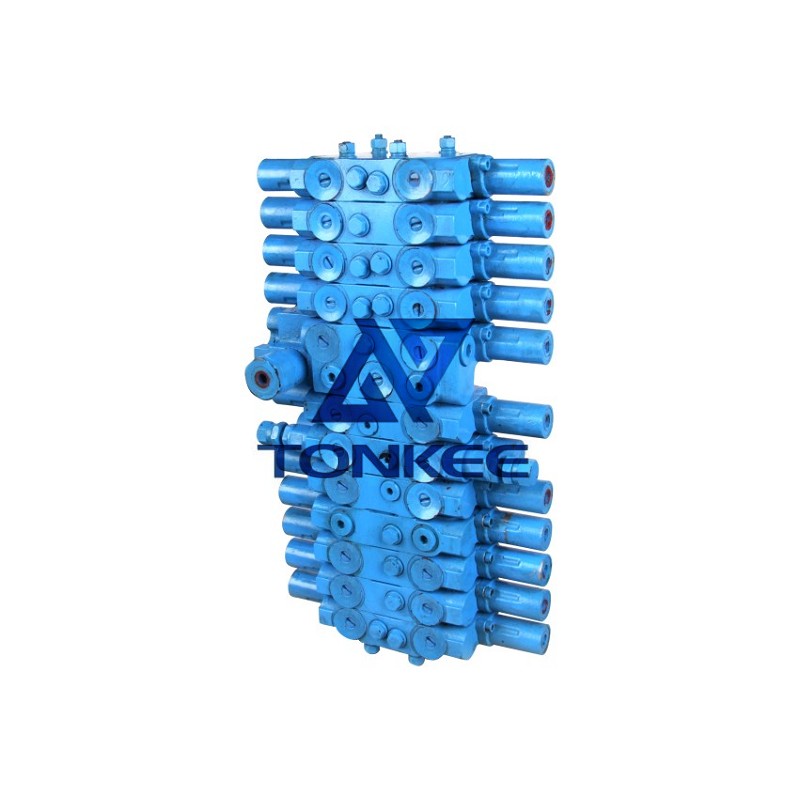
China 4 ton multiway valve Main control valve | Partsdic®
4 ton multiway valve Main control valve | Partsdic®
The construction materials of the valve are also crucial specifications to consider. The valve body and internal components should be made of materials that can withstand the properties of the fluid being handled, such as its corrosiveness, viscosity, and temperature. Common materials used for valve construction include stainless steel, brass, cast iron, and various alloys. The choice of materials depends on the specific application and the compatibility with the fluid and the system.
The construction materials of the valve are also crucial specifications to consider. The valve body and internal components should be made of materials that can withstand the properties of the fluid being handled, such as its corrosiveness, viscosity, and temperature. Common materials used for valve construction include stainless steel, brass, cast iron, and various alloys. The choice of materials depends on the specific application and the compatibility with the fluid and the system.



